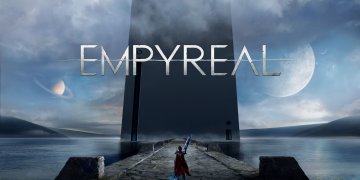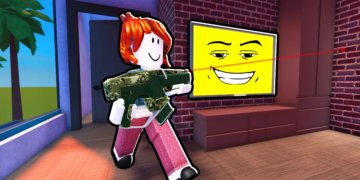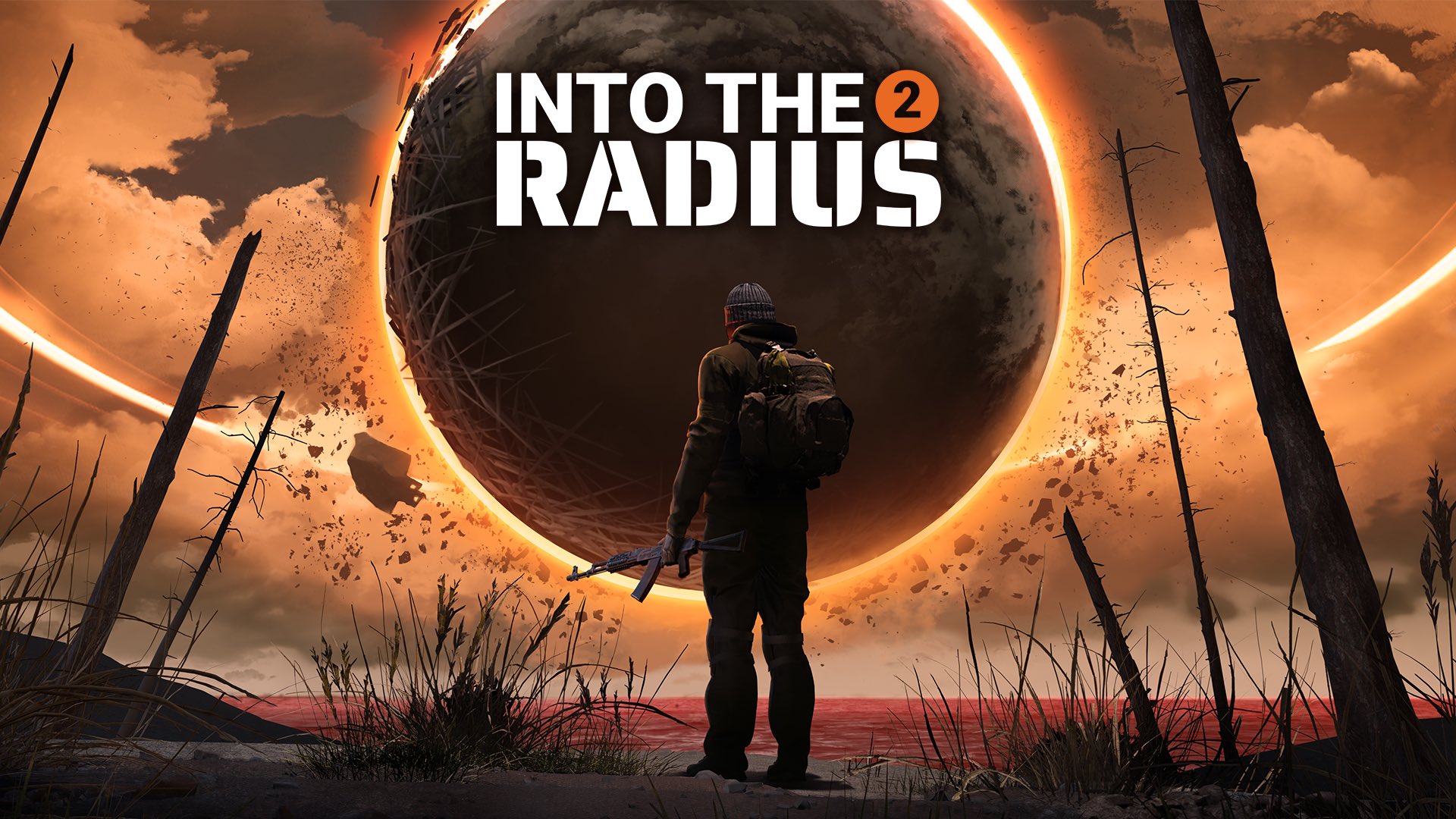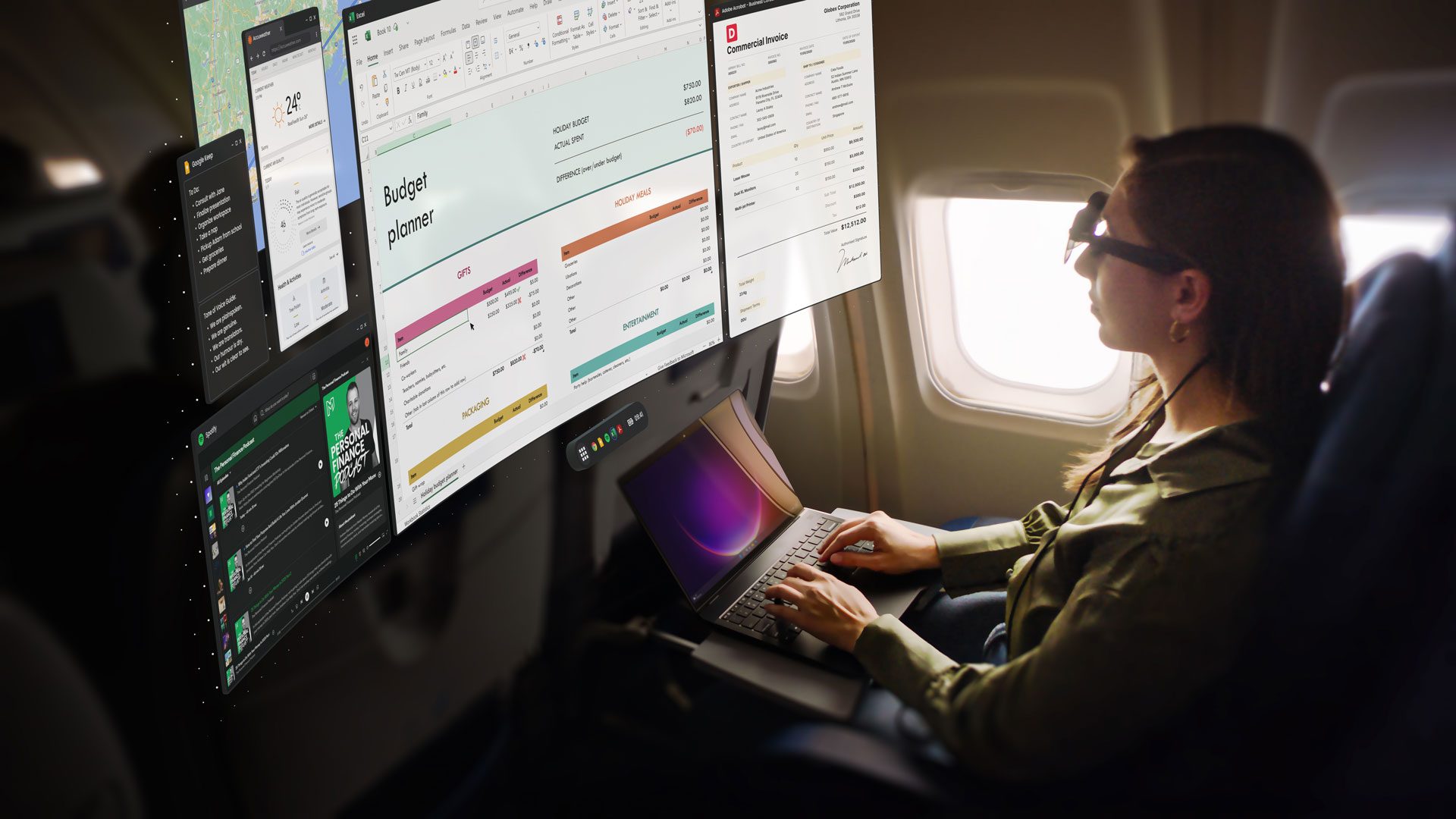In an intriguing legal development down in Florida, a judge has made a groundbreaking decision to allow virtual reality (VR) technology as evidence in a 2023 aggravated assault case, according to a Ft. Lauderdale news source. This could potentially be the first instance where the defense in a criminal court case in the U.S. has been granted permission to use VR as part of their evidence package.
The case in question involves Miguel Albisu, who owns a wedding venue in Florida. He’s found himself charged with aggravated assault with a deadly weapon, stemming from an incident where he allegedly brandished a gun during a tense confrontation with guests. The situation escalated after his wife and son reportedly came under attack at the venue, with his wife suffering a wrist injury. Albisu was summoned to handle the situation, but whether his actions amounted to self-defense as per Florida’s Stand-Your-Ground laws is the legal crux.
Ken Padowitz, the defense attorney for Albisu, stepped up with a creative approach by hiring an artist to craft a VR simulation of the event, designed for the Oculus Quest 2. Broward County Judge Andrew Siegel has agreed to allow this innovative evidence to be presented during the trial. The goal here is to immerse everyone at the trial, offering a firsthand glimpse into Albisu’s perspective during the heated moment.
“We got headsets on the judge, the prosecutors, even the witness. The judge experienced the scenario from my client’s viewpoint,” Padowitz expressed to WPLG. “He saw how my client was surrounded by intoxicated partygoers, felt threatened when they grabbed him, leading him to believe he needed to draw his weapon to protect his life and property.”
Local10, a news station in Florida, shared video footage from a December courtroom session where the judge and other legal parties watched the VR animation unfold.
While courtrooms have seen animations used as evidence before, this instance marks a notable first for virtual reality making such an entrance. Padowitz reminisced about his pioneering role in having animation accepted in a court case way back in 1992, when he was a prosecutor.
“From those early days, we’ve certainly made leaps and bounds. Now, we’ve brought not just a computer animation to the judge’s attention but also an immersive VR recreation,” Padowitz remarked to WPLG.
The inclusion of the VR simulation occurred during a pre-trial hearing where the judge will decide whether to dismiss the case or move it forward to a jury trial. If it proceeds, the trial is expected to kick off in February.

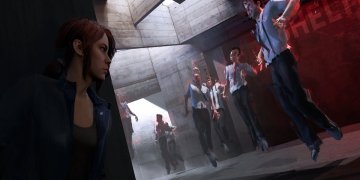









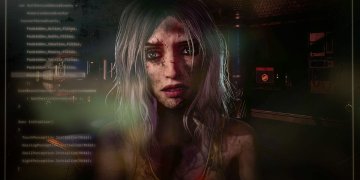
![[Free Game Giveaway] Pets Hotel for PlayStation (NA/EU) [Free Game Giveaway] Pets Hotel for PlayStation (NA/EU)](https://www.xgamernews.com/wp-content/uploads/2025/05/Free-Game-Giveaway-Pets-Hotel-for-PlayStation-NAEU-360x180.jpg)
